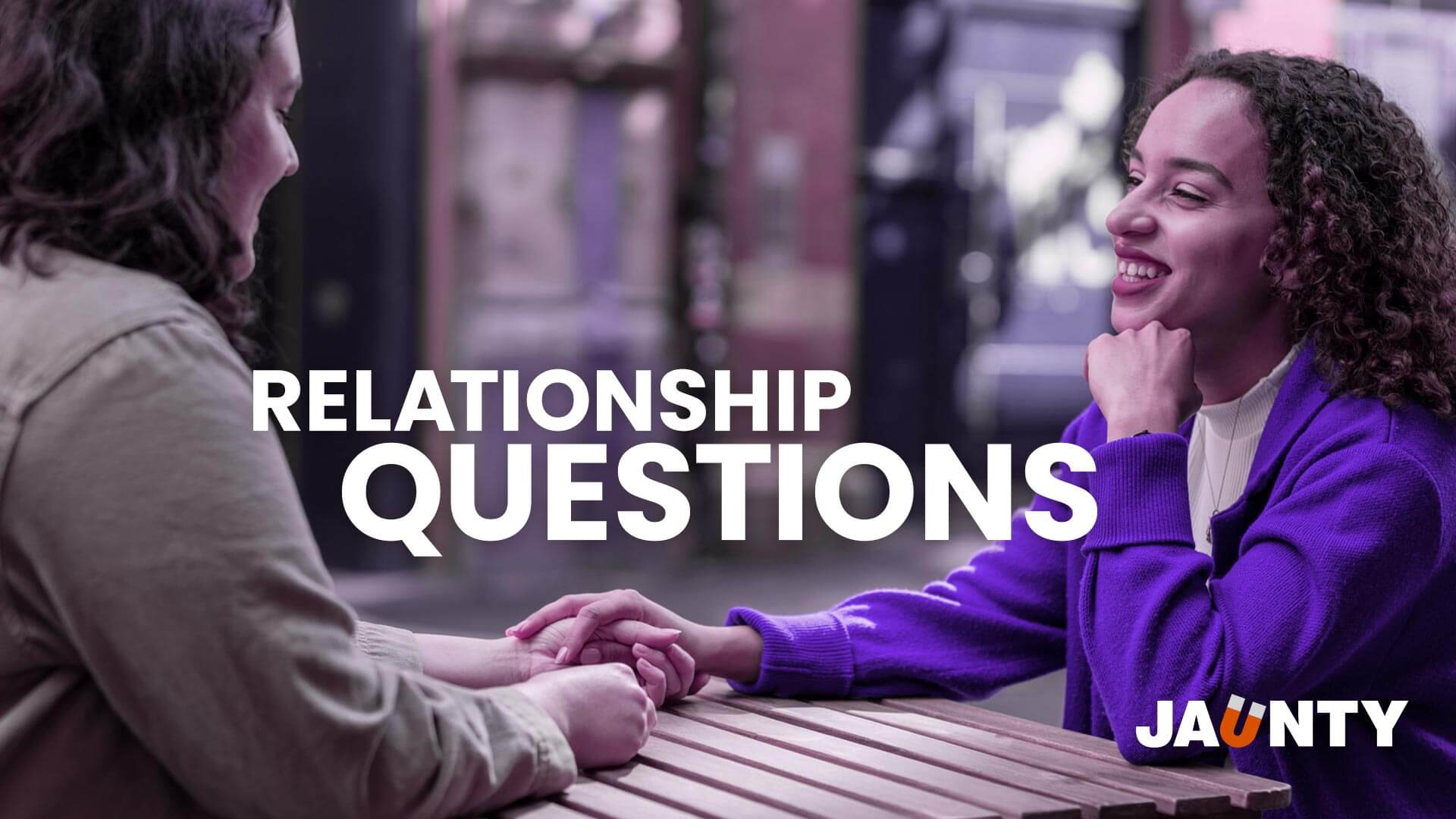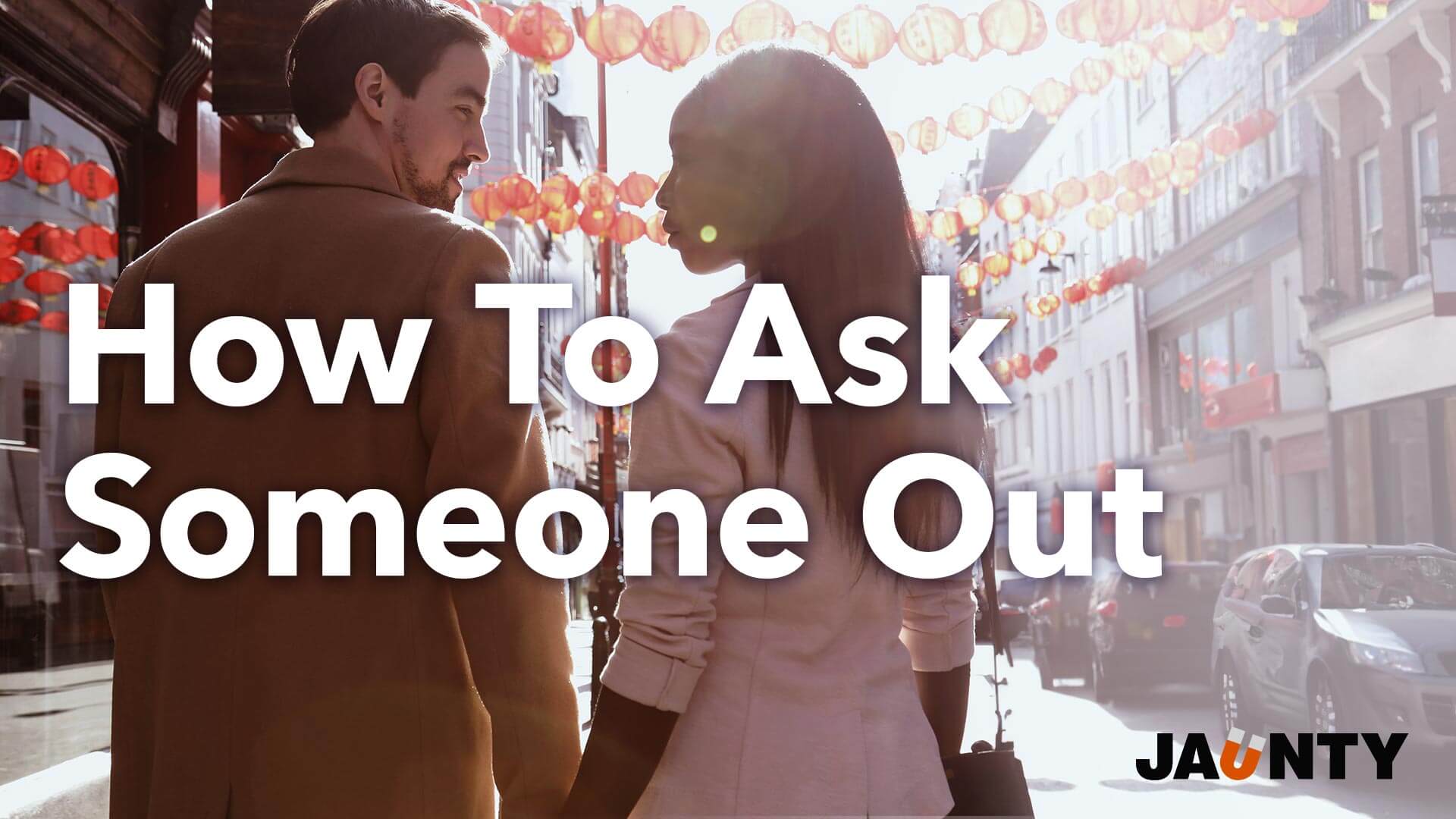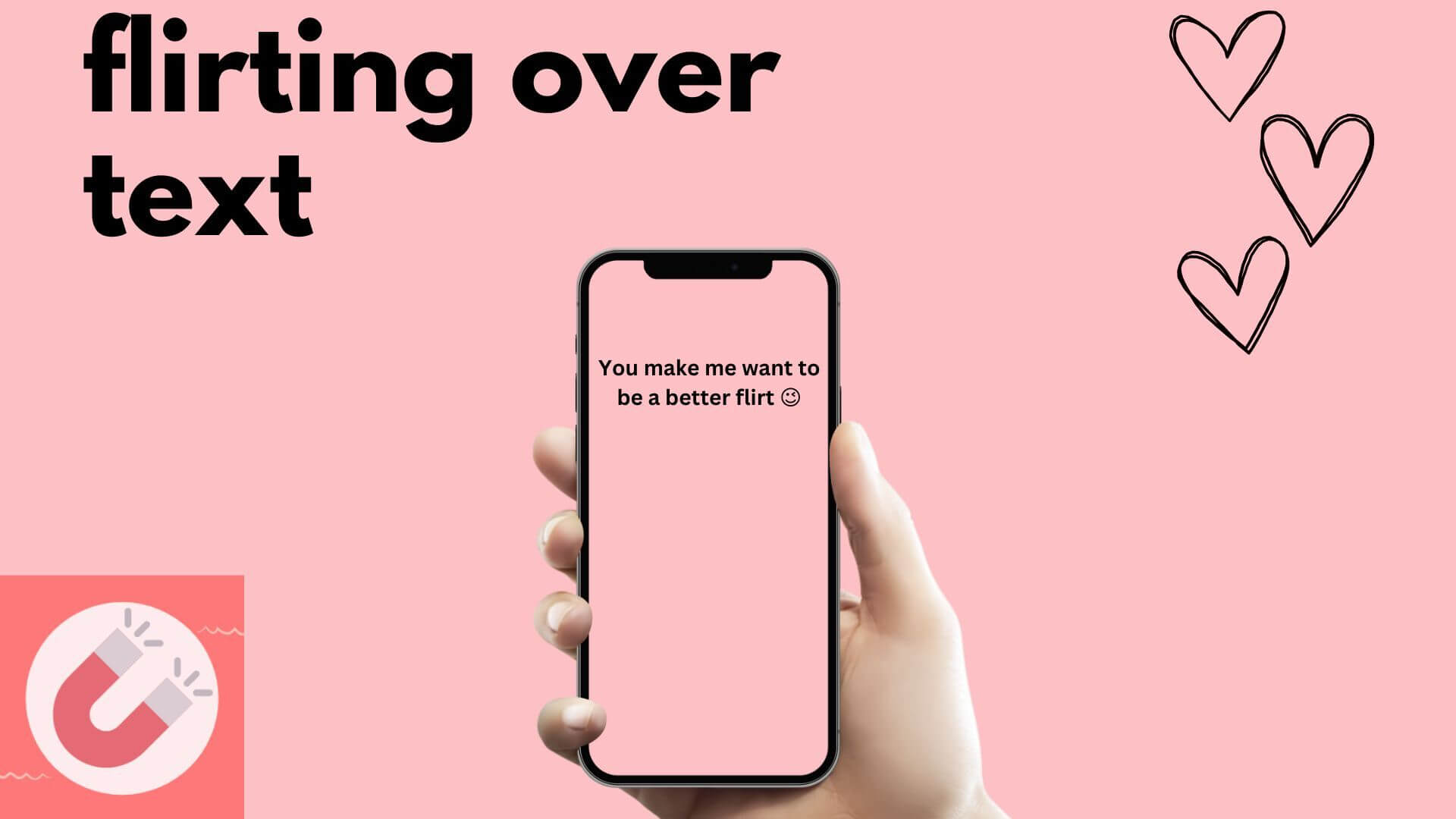Going Dutch on a date means that each person pays for their own share of the expenses, rather than one person covering the entire bill. This practice is often seen as a way to promote equality and can be especially common on initial dates or among individuals who value financial independence.
What does Going Dutch mean in dating?
‘Going Dutch’ is a term that originates from the concept of a Dutch door. Just like a Dutch door is divided into two equal parts, going Dutch means dividing the bill equally among all participants. In the context of taking someone out on a date, it means that both parties pay for their own share, splitting the cost of the meal, movie, or whatever activity they are doing together.
This practice can be seen as a way of promoting equality and fairness, but it can also be interpreted differently depending on cultural norms and personal beliefs.
Is ‘Going Dutch’ a good idea on a first date?
Whether ‘Going Dutch’ is a good idea on a first date depends on various factors such as cultural norms, personal beliefs, and the specific dynamics of the relationship. Some people appreciate the fairness and equality it promotes, while others may see it as a lack of chivalry or generosity.
It’s important to communicate openly about this topic to avoid misunderstandings or hurt feelings. If you’re unsure, it’s always a good idea to discuss it with your date beforehand.
Types of ‘Going Dutch’
1. Strictly Dutch
This is when the bill is split exactly in half, regardless of what each person ordered. This is the most literal interpretation of going Dutch.
Note: This method can be seen as fair, but it can also lead to disagreements if one person ordered significantly more than the other.
2. Itemized Dutch
This is when each person pays for exactly what they ordered. This method requires a bit more calculation, but it ensures that everyone pays for what they consumed.
Note: This method can be seen as fair, but it can also lead to awkwardness if one person has to calculate their share down to the last cent.
3. Round-Robin Dutch
This is when the group takes turns paying the bill. For example, if a couple goes on three dates, the man might pay for the first date, the woman for the second, and they split the bill on the third.
Note: This method requires a level of trust and understanding between the parties involved. It’s important to communicate openly to avoid misunderstandings.
How To Bring Up The Topic Of Going Dutch
It might seem awkward to bring up the topic of ‘Going Dutch’, but it’s important to have this conversation to avoid misunderstandings. You can bring it up casually during the planning stage of the date. For example, you could say, “I was thinking we could split the bill for our date, what do you think?” This way, you’re giving your date the opportunity to share their thoughts on the matter.
Remember, the key is to be open and respectful about it. It’s important to respect your date’s feelings and opinions on the matter.
Do
1. Communicate
Make sure to communicate your intentions to go Dutch beforehand. This will help avoid any awkwardness or misunderstandings during the date.
2. Be Understanding
Understand that not everyone may be comfortable with going Dutch. Be open to discussing it and respect your date’s feelings and beliefs.
3. Be Fair
If you’re going Dutch, be fair in the division of the bill. Don’t nitpick over small amounts and try to keep the process as smooth as possible.
Don’t
1. Don’t Assume
Don’t assume that your date is okay with going Dutch. Always discuss it beforehand.
2. Don’t Be Rigid
Don’t be rigid about going Dutch. If your date insists on paying the bill, appreciate the gesture and offer to pay next time.
3. Don’t Make It A Big Deal
Don’t make going Dutch a big deal. It’s just a way of splitting expenses, not a statement about your date’s financial status or your own.





